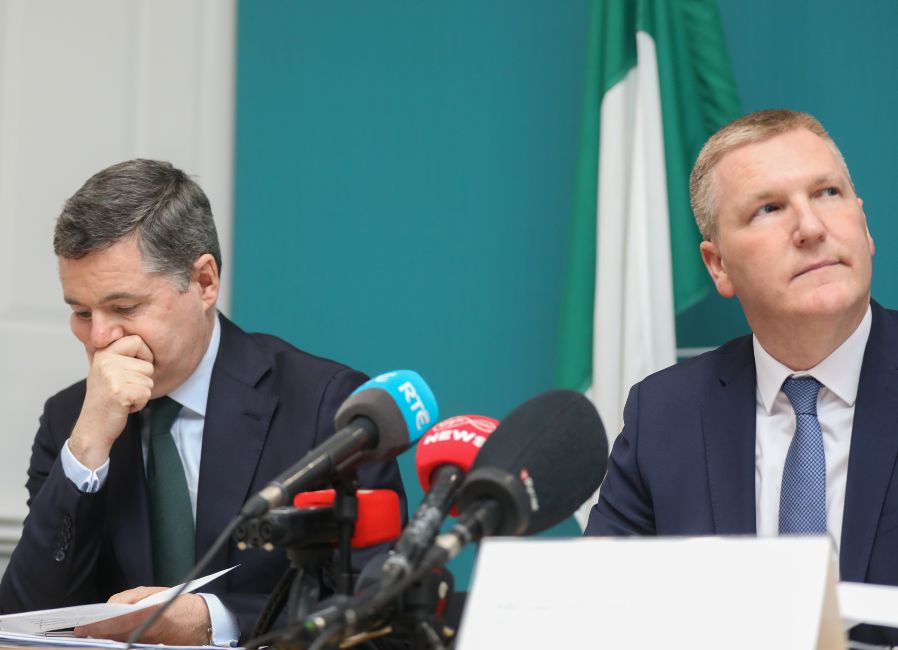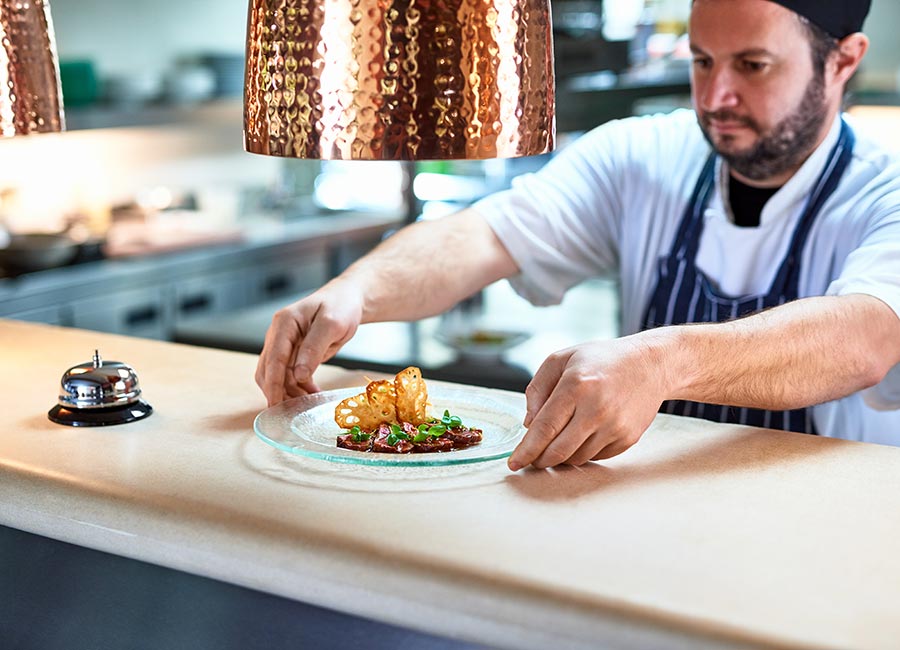The hospitality sector is bracing itself to lose the 9% VAT rate after a meeting with senior Government ministers last night - which offered few answers.
The rate of VAT on the hospitality sector was reduced from 13.5% to 9% in November 2020 to ease the burden on the sector due to the lockdowns.
This was initially due to end in December 2021 but has been extended twice and is set to expire at the end of this month.
In the wake of last September's budget, then Finance Minister Paschal Donohoe indicated that it would return to its original rate at the end of February.
However, the industry is insisting that some businesses will fail if the rate is reintroduced, making the measure counter-productive.
The Government estimated that the initial reduction from November 2020 to the end of December 2021 cost around €401m.
Mr Donohoe, now Minister for Public Expenditure, and current Finance Minister Michael McGrath spoke with representatives from the hospitality sector in an online meeting last night.
One industry source at the meeting said everything is being reviewed and that they received no indication of which way the Government was thinking.
The source explained that there are three options: to leave the VAT rate at 9%, to revert back to 13.5%, or for a split to take place. Under the final option, the accommodation sector could return to 13.5%, while the food and drink sector could stay at 9%.
The source said: "We're hopeful the minister will keep the rate at 9% to protect low-margin businesses such as restaurants, pubs and cafés. They have to give us something."

Taoiseach Leo Varadkar, Tánaiste Micheál Martin and Transport Minister Eamon Ryan held their weekly Coalition leaders' meeting last night, where they discussed the proposals. However, a decision is likely to be made by senior ministers at a sub-Cabinet committee meeting on Thursday where other cost-of-living supports are also to be assessed.
At the weekend, the Taoiseach told RTÉ that a spring cost-of-living package would be announced within the next fortnight.
Mr Varadkar said there would be both universal and targeted measures, noting that those on welfare and pensioners had suffered the most due to the rising cost of living. He said the Government can afford to help as the economy is strong and the public finances have been well managed.








